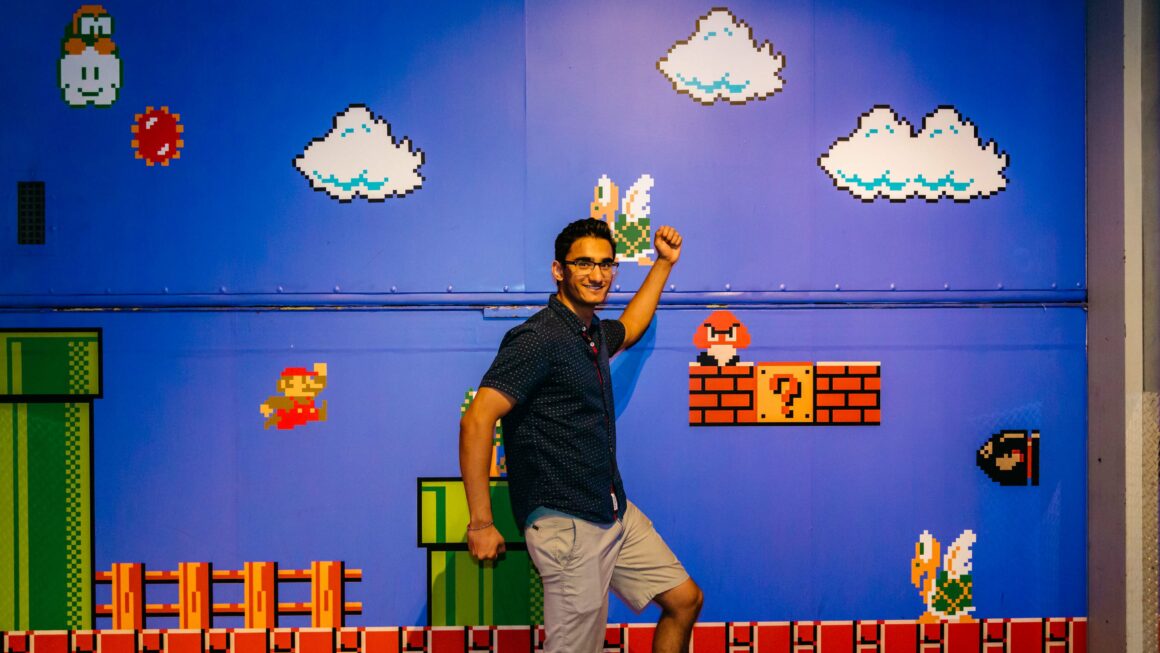“One thing is certain, during play, animals are especially prone to behave in flexible and creative ways”
James Panksepp, Affective Neuroscience
While most people spend their Saturday mornings with their family, going outside, or maybe just sleeping in, Oliver Smithies, a biochemist, spends his back in the lab. He loves this time because typical work structure no longer applies. He’s free to research as he pleases.
Smithies’s research involved separating molecules of insulin for research. But standard procedures of applying an electric current through a wet paper didn’t seem to work with insulin.
Interviewed in the book Range, Smithies recalls one Saturday morning where he remembered an old childhood memory of how his mother cleaned his father’s shirts with hot starch which turned into jelly when cooled. He then applied the same technique on top of the paper with the insulin and got the insulin molecules to separate. Smithies discovered “gel electrophoresis”, which advanced biochemistry tenfold and is used today to fragment DNA and other molecules.
It’s easy to believe that we should constantly push and work harder at certain problems to solve them. But our mental structures impede possibly innovative solutions by keeping us to old methods. It’s only when we sacrifice our efficiency, and be willing to experiment with new ideas, that we break ground in our work.
Play is often overlooked because it looks unproductive. And it is. What could be more unproductive than not working on your problems directly? The curious thing, however, is that being unproductive allows us to make new connections and test new ideas.
I want to encourage more play, in and outside of our work, for two primary reasons.
1. It’s the Best Way to Find Unique Solutions
Have you ever had those moments where you suddenly find the exact solution to your problem while doing something else? Though rare, they seem to be triggered by some other experience or memory that just couldn’t be resurfaced while thinking of the problem itself.
Usually we believe that constant practice and structure makes us perfect. By continuously working on one specific problem, we have the most chance at solving it.
This assumes, however, that specialized experience is needed for solutions. David Epstein shows this assumption does not hold true in most environments. In fact, it can often be detrimental.
In his book Range, Epstein describes the world we live in as wicked. Here, the rules aren’t fixed and contexts change rapidly. Perhaps if you recognize a certain pattern in chess, you can repeat old moves to win. But in the real world, even similar patterns can often require completely new theories to solve them. It’s almost as if everything seems random. So what do we do fight this randomness?
We have to employ randomness ourselves to come up with new solutions. And what better way than play?
Greg McKeown describes this as an important part of exploration in his book Essentialism. He quotes researcher Stuart Brown who noted that “play leads to brain plasticity, adaptability, and creativity.” While everyone else believes play is trivial, McKeown pushes that it is an essential aspect of our work.
Just as a child explores the world by playing, we too can explore more of our imagination through play.
2. It Allows Us to Enjoy the Work We Do
Alan Watts gave a description of life as being essentially playful. This is because there is no destination that it ought to arrive it. It just simply is.
Yet it can be so easy to stay in a constant pursuit of goals and success. We believe that there is some place that we are running towards that makes up for whatever we are not enjoying now.
However, when we understand that we are just playing, we learn to pursue things for the sake of action itself. It is almost like a song where the point is not to get to some part of the composition, but to just enjoy the entire piece.
Epstein noted a research study that had violinists get an MRI scan while playing their instrument. While playing, the violinists’ brains shut off parts of the brain that are associated with self-censoring. Essentially, they were much more willing to experiment and try new things.
That may go in hand with my previous point on finding unique solutions. But what I took from it is that the violinists were truly enjoying themselves. They weren’t judging themselves on their work.
To be able to let go of self-criticism means you’re really enjoying the moment. We know that anxiety and stress can cripple our work if left unchecked. Play allows us to practice letting go of that state. And it reminds us that we are just here to enjoy the dance of life.
But…
Ok play may be great and all, but how do I apply it to come up with innovative solutions?
The truth is, you can’t effectively apply play. You just… play.
The reason I laid out the arguments for play is to convince you that it is essential. But you can really only play when you do it just for the sake of it. There’s no method to playing that spawns forth your innovative solutions. McKeown describes play as simply engaging in an activity for the sake of it.
It may feel unproductive, but structure a time to actually not work but explore whatever interests you. Even for Smithies, most of his Saturday mornings led nowhere. It’s simply worth it for the small chance you’ll stumble upon something great. Personally I find dance an amazing way to let loose. As a coder, I’ll also randomly change the structure of my code to see if I can make it more efficient, even if it may not make sense. But as long as you’re enjoying yourself, anything is possible.
So please, if you got anything from reading this, have some fun! It’s good for you.
